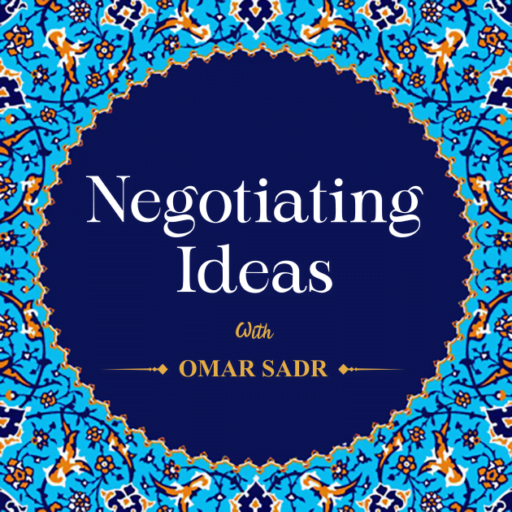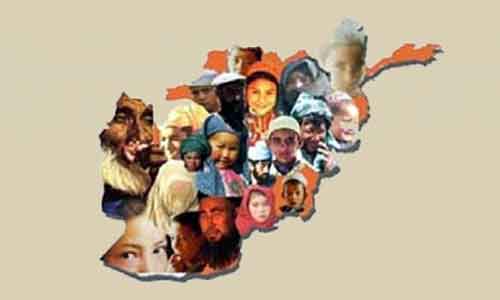There is a persistent assumption in Afghanistan political discourse that unity is a prerequisite for defeating the Taliban. History, however, tells a different story. The Mujahideen did not defeat the Soviet Union and its proxy regime in the 1990s because they were united. On the contrary, they were notoriously fragmented and competitive. Nor were most anti-colonial fighters during the Anglo-Afghan wars unified under a single command. Yet these movements often succeeded, in part because of their competitiveness. Insisting that the people of Afghanistan must be united to counter and defeat the Taliban is therefore historically unfounded and politically counterproductive. Unity is overrated.
The discourse on unity has historically carried authoritarian connotations, such as being intolerant of dissent and differences in Afghanistan. Unlike some other traditions, where unity denotes shared civic values, or social harmony, in Afghanistan, unity has too often meant one-mindedness, homogenization, a single center of command, and the erasure of dissent. Fruitlessly, but persistently, people of Afghanistan have emphasized authoritarian unity rather than organic and magnanimous one. This unity has never been about coexistence, but control. This is the unity promoted in Afghan literature, religious interpretation, family paradigm, school classrooms, and informal institutions such as jirgas and shuras.
The draconian unity carries an assimilationist logic in which belonging requires conformity. Communities are expected to abandon their distinctiveness to be accepted as part of the national whole. Dissenting ideologies are framed as threats to national integrity. Such a framework not only violates the principles of civility and inclusion but also breeds long-term resentment and fragmentation, deepening the very divisions it claims to heal. This explains why unity remains the most celebrated but least achievable goal in Afghanistan: the ideal itself is exclusionary.
In my experience working and conversing with various Afghan circles, deep-seated distrust of opposing views is a persistent obstacle. In such an environment, expressing a divergent view, whether ideological, religious, or ethnic, is seen not as a contribution but as a threat. This may lead to a temporary concealment of differences, not their permanent disappearance. How many times have you witnessed conversations in which you or someone else had to avoid voicing disagreement to escape ostracism? Did their dissent disappear simply because it was concealed? Did it lead to unity?
This climate of suspicion drives many anti-Taliban actors into closed circles of like-minded allies who share their ethnic or linguistic background, ideology, or regional identity. While this offers comfort and loyalty, it breeds insularity and limits outreach. Each group advances its own agenda in isolation, weakening collective leverage against a regime that thrives on division of the opposition.
What the anti-Taliban opposition needs is not forced unity, but a pluralist coalition: one capable of accommodating ideological disagreements, conflicting loyalties, and historical grievances. Such a coalition should not strive for sameness or exclusion, but accommodation of differences. It already has many common values to build on, including rejecting Taliban authoritarianism, defending fundamental rights, and restoring an inclusive, representative political order. However, for such a broad coalition to consolidate, it must abide by several principles of pluralism.
What the anti-Taliban opposition needs is not forced unity but a pluralist coalition: one capable of accommodating ideological disagreements, conflicting loyalties, and historical grievances.
First, any coalition claiming readiness for a post-Taliban inclusive government must first practice pluralism before the Taliban’s collapse. This coalition should bring together both civil and political resistance groups; old guards and youth activists; feminists and conservative tribal elders; secularists and religious circles; those who belong to different ethnic, linguistic, and religious groups; those who raise different flags, embrace different anthems, and even advocate different names for the country and people. Opposition groups must be open to replacing demand for uniformity with respecting and even cherishing diversity, including that of ethnicity, language, faith, ideology, and resistance approach.
Let the coalition be multi-flag, multi-tradition, multi-platform, and multi-voice. People and their lives must take precedence over flags, symbols, or ideologies. Flags, anthems, and even the official name of the nation must not become stumbling blocks. These symbols, while emotionally charged and historically significant, carry different meanings for different communities. For some, they evoke pride and stability; for others, memories of exclusion and domination. Disputes over which flag to raise or which anthem to sing have consumed disproportionate energy, distracting from urgent priorities such as ending authoritarian rule, protecting lives, and rebuilding institutions. These symbolic questions can and should be addressed later or even before that, through inclusive and participatory processes in a post-Taliban context. For now, the coalition’s strength must lie in putting people, principles, and shared goals above contested emblems—recognizing that no symbol holds value unless it represents the dignity, safety, and freedom of all citizens.
The coalition must also be open to accommodating parallel and even competing civil and political resistance groups. Forcing premature mergers or unification, especially in the early stages, risks splintering the coalition, triggering defections, and weakening its overall effectiveness. It is noteworthy to remember that past attempts to unify divided jihadi factions during the Soviet invasion often resulted in the creation of additional splinter groups, multiplying rather than consolidating political forces. Instead of forcing mergers, any coalitional attempt must build mechanisms to resolve the conflicts between various groups when they arise. This includes designating a deliberative body. Additionally, any coalitional agreement should distinguish between decisions that require a plurality, a majority, or a consensus. Ethnically, linguistically, or religiously sensitive issues should be decided by consensus.
One of the most effective tools for managing internal differences is deferral. Deferral is postponing the most contentious issues for structured future deliberation. Debates over the role of religion, the shape of the constitution, or transitional justice should not be allowed to paralyze coalition-building. Bundling every controversial matter into the early stages is a recipe for failure. Deferral is not avoidance; it is a strategic sequence that allows the coalition to focus on urgent, shared objectives now, while giving time for tempers to cool and conditions to ripen for genuine negotiation.
Finally, the coalition must move beyond elite politics—both old and new—and engage communities at the grassroots level. Too often, opposition groups seek engagement and resources from international actors while neglecting to connect with communities whose support is essential. This reliance on external validation reflects a colonial mindset that must be dismantled. Afghanistan’s diaspora is large, diverse, and willing to contribute politically, financially, and intellectually. Yet, based on my conversations, they have barely, if at all, been approached. Opposition offices abroad must shift their focus: engaging communities first, attending cultural events, celebrating with them, listening to their concerns, and building trust. All communities have shared and their own events. Resistance representatives should be visible in every mosque, wedding, funeral, business gathering, and communal event. Legitimacy cannot be outsourced. It must be earned from the ground up.

